Ever find yourself looking up at the night sky, just staring at all those twinkling stars and thinking, “Wow, what’s really out there?” You’re definitely not alone. People have been fascinated by the cosmos for centuries, but right now? There’s one field that’s pushing us further into space than ever before: Planetary Science. If you’re curious about where the big breakthroughs in space exploration are happening, buckle up. Let’s talk about why planetary science is easily the most exciting corner of space research today!

So, What Actually Is Planetary Science?
Okay, before we get too far ahead of ourselves, let’s pin down what “planetary science” really means. It isn’t just about scrolling through gorgeous photos of planets (though hey, that’s definitely a perk). Basically, planetary science is this super-interdisciplinary study of everything from planets and moons to comets, asteroids, and even dwarf planets both in our solar system and way beyond it. We’re talking about their origins, how they change over time, their atmospheres and surfaces, their insides and yes, the possibility they could host life.
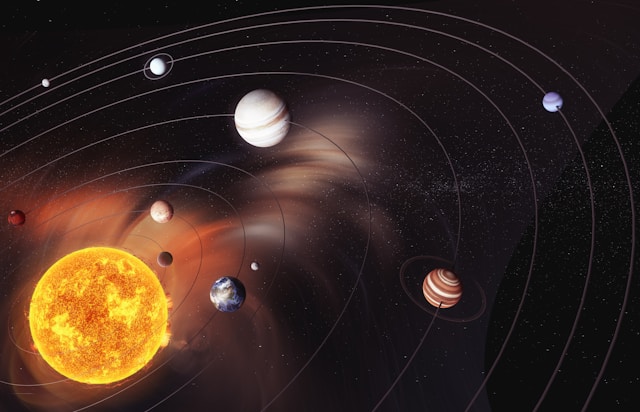
This field pulls together geology, physics, chemistry, biology… even astronomy. It’s like being a detective on a cosmic scale! You get to piece together clues about how these distant worlds work and maybe even why we’re here.
Why All the Hype? What Makes Now Such an Amazing Time for Planetary Science (Especially in 2025!)
You might be wondering: “Why now? What makes 2025 such a huge deal for planetary science?” Well, honestly? We’re living in a golden age of discoveries right now and things are only getting crazier.
- Breakthroughs Left and Right: The past few years have been wild. For example: Mars rovers like Perseverance keep turning up better and better evidence that there was once liquid water on Mars. Juno has totally changed how we think about Jupiter and its storms. And then there’s the James Webb Space Telescope, JWST for short which has been sending back these jaw-dropping images of exoplanet atmospheres and even galaxies forming billions of years ago. We’re not just seeing minor updates; these are real game-changers that totally reshape how we see our universe. Oh and let’s not forget those organic molecules showing up in meteorites and on far-off moons! Turns out the building blocks for life are probably way more common than anyone thought.
- Tech Advancements Are Insane: Seriously the technology driving all this stuff is moving at lightning speed. New instruments on Mars rovers can analyze rocks right there on another planet; crazy radar systems can peer through Titan’s thick orange haze; AI is combing through mountains of data to find hints of new worlds out there. These aren’t small tweaks, they’re total leaps forward.
- A Whole New Wave of Missions: And it’s not just about what we’ve already found, it’s what we’re about to discover next! There are some incredible missions either en route or gearing up right now. Like Europa Clipper that mission will be checking out Jupiter’s moon Europa to see if there really might be an ocean under all that ice. Or Dragonfly heading to Titan to explore its alien landscape with a flying drone! Seriously cool stuff is on the horizon.
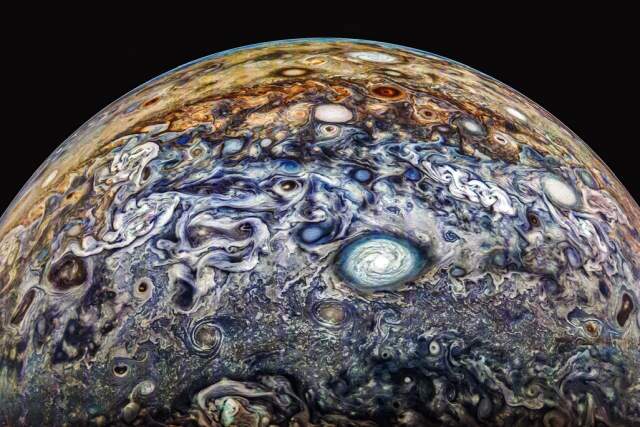
How Planetary Science Is Driving Innovation
It might sound dramatic but honestly? Planetary science is basically the engine behind most big innovations in space exploration lately. Just think about it: Sending probes or robots across billions of miles takes some serious engineering chops.
- Spin-offs That Make Life Better Here: The challenges faced by planetary scientists often lead to inventions we use every day down here on Earth, stuff like better medical imaging tools or stronger materials for everything from sports gear to buildings.
- Engineering at Its Most Creative: Ever wonder how you land a car-sized rover gently on Mars? Or design equipment that doesn’t melt or get crushed when exploring Venus or Mercury? This field pushes scientists and engineers to come up with solutions nobody had ever tried before, think robotics breakthroughs or smarter autonomous systems that can survive without help from Earth.
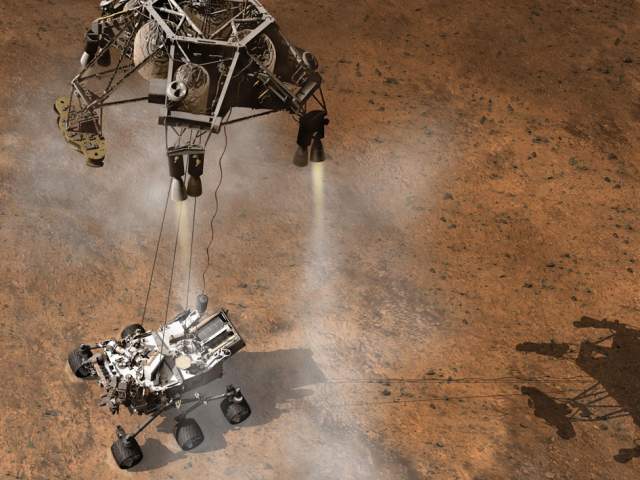
Where Things Get Really Interesting
Planetary science covers a lot but there are a few areas where things are just exploding with excitement right now:
- Mars Exploration – Always a Hot Topic, Mars never gets old. Scientists are still combing through every inch (well, meter) looking for signs that tiny microbes once lived there or maybe still do deep underground! Plus, understanding Mars geology helps lay the foundation for humans one day living or at least visiting, the Red Planet.
- Ocean Worlds – More Than Just Ice Balls: Some of Jupiter and Saturn’s moons like Europa, Enceladus, and Titan are believed to hide massive oceans beneath their frozen crusts. Water equals potential life (at least as we know it), so these moons are high-priority targets for future missions.
- Exoplanet Mania: Thousands upon thousands of exoplanets have been discovered orbiting other stars and some look pretty weird compared to anything in our own solar system! Scientists are racing to analyze their atmospheres and figure out which ones might actually be habitable.
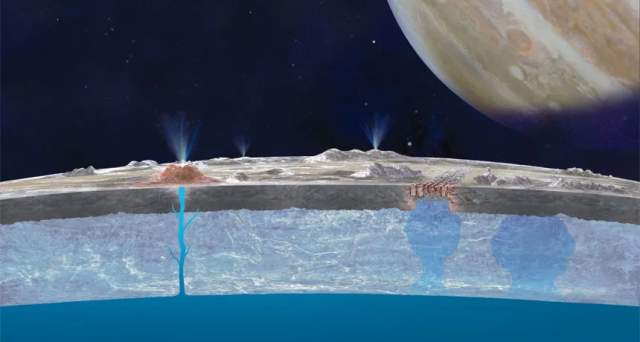
The Big Question: Are We Alone?
Let’s be real, a huge part of what drives planetary science is trying to answer one gigantic question: “Are we alone in this universe?” That quest sits right at the heart of almost every mission.
- Astrobiology Is Key: Astrobiologists use data from all these missions to figure out what sorts of environments could support life not just as we know it here on Earth but possibly something way stranger!
- Hunting for Habitable Worlds: Scientists are zeroing in on places where life has the best shot: somewhere with liquid water, energy sources like sunlight or chemical reactions underground, and basic chemical ingredients like carbon-based molecules.
Studying Other Worlds Helps Us Understand Ourselves
Exploring other planets isn’t just about curiosity, it actually teaches us important lessons about Earth itself:
- Learning From Other Planets’ Mistakes (and Successes): By studying Venus (which went through runaway global warming) or Mars (which lost most of its atmosphere), we get crucial insights into climate change and planetary evolution here at home.
- Preparing for Humanity’s Next Steps: Want humans living on Mars someday? Or mining asteroids? All that depends on understanding different planetary environments first, their resources (like frozen water), dangers (radiation!), and how long people could survive out there.
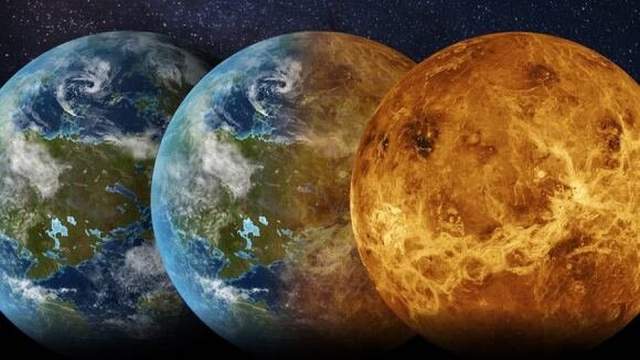
How You Can Get Involved
Feeling inspired yet? Good news, you don’t need an advanced degree from MIT to dive into planetary science!
- Start With School: If you’re still studying, look into courses in physics, geology, astronomy even biology if you want to focus on astrobiology later! Tons of universities offer special programs.
- Citizen Science Rocks: Not in school anymore? No worries! Plenty of projects need volunteers from classifying Martian landscapes online to hunting exoplanets using telescope data anyone can access.
Looking Ahead: The Future Looks Bright
So where does planetary science go from here? Honestly, it feels like anything’s possible.
- Expect smarter probes loaded with AI.
- More ambitious sample-return missions from Mars…and maybe other places too!
- Even more powerful telescopes giving us close-ups of exoplanet atmospheres.
- And always a relentless search for any hint we’re not alone after all.
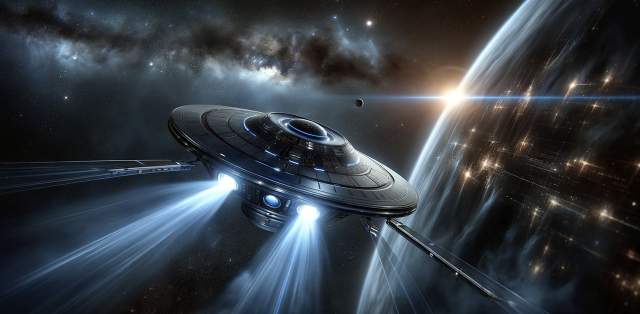
Here’s why planetary science leads the pack: It asks big questions (“Why are we here?”), drives epic technology advances that trickle down into everyday life, and keeps alive humanity’s sense of awe and adventure. Whether you dream about exploring Mars’ rusty deserts or sailing across Titan’s methane lakes or even finding new worlds circling distant suns, planetary science is where today’s biggest discoveries happen.
So tell me which part excites you most? The hunt for alien life? The wild tech? Or maybe just imagining setting foot somewhere no human has ever gone before? Whatever your answer, the universe isn’t waiting around…and neither are today’s planetary scientists!
